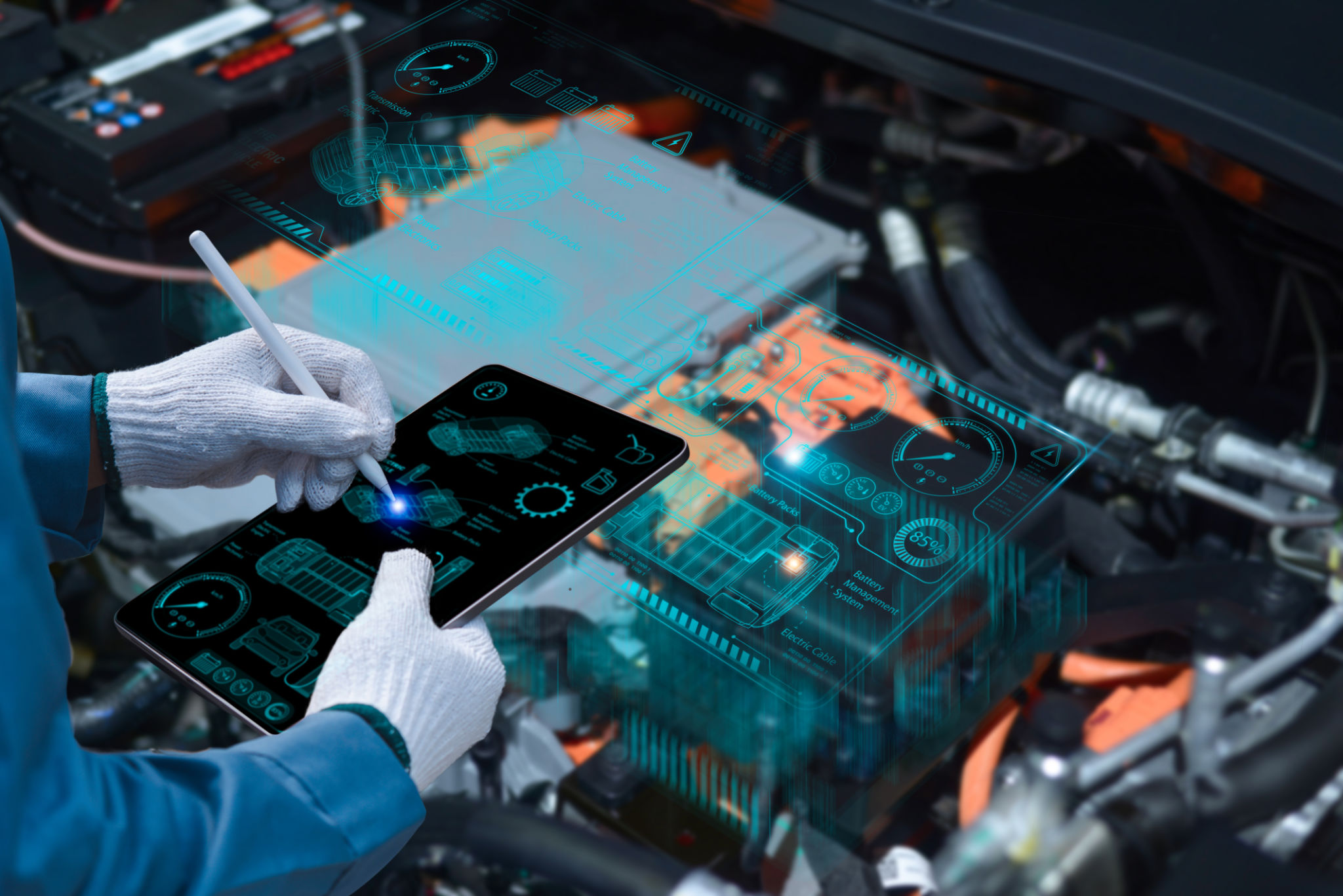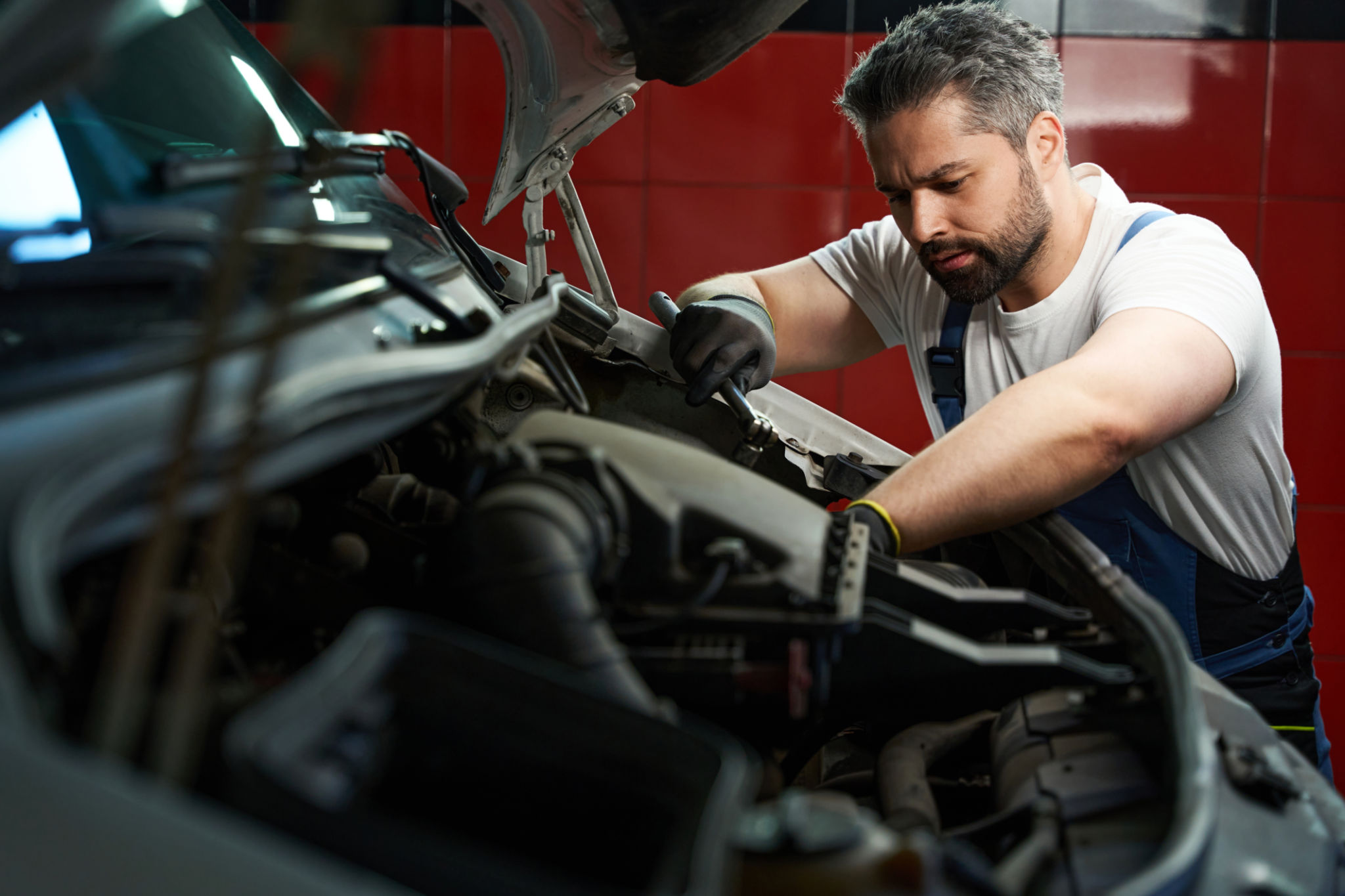Comparing Hybrid and Electric Vehicle Services: What to Consider
Understanding the Basics of Hybrid and Electric Vehicles
As the automotive industry continues to evolve, hybrid and electric vehicles are becoming increasingly popular. These vehicles offer a more sustainable mode of transportation compared to traditional gasoline-powered vehicles. However, when it comes to servicing, hybrid and electric vehicles present different considerations. Understanding these nuances is crucial for vehicle owners to maintain optimal performance and longevity.
Hybrid vehicles combine a gasoline engine with an electric motor, allowing for flexible energy use. Electric vehicles (EVs), on the other hand, rely solely on electric power, eliminating the need for gasoline. Each type has its specific service requirements and understanding these can help in making informed decisions regarding maintenance and repairs.

Maintenance Needs for Hybrid Vehicles
Hybrid vehicles generally require less frequent maintenance than traditional cars, but they still have components that need regular attention. Some of the key areas to consider include:
- Engine Maintenance: Although hybrids use electric motors, their gasoline engines still need regular oil changes and inspections.
- Battery Health: Hybrid batteries are durable but can degrade over time. Regular checks can prevent unexpected failures.
- Brake System: Hybrids often use regenerative braking, which reduces wear but should still be checked periodically.
It's important to consult with a technician who has experience with hybrid systems to ensure all components are functioning correctly.
Servicing Electric Vehicles
Electric vehicles have fewer moving parts compared to hybrids, which can result in lower maintenance demands. However, EVs still have unique service requirements that should not be overlooked.
- Battery Management: The battery is the heart of an EV. Routine checks and software updates can help maintain efficiency and extend lifespan.
- Tire Maintenance: Just like any vehicle, EVs require regular tire rotations and alignments to ensure safety and performance.
- Software Updates: Many EVs receive regular software updates to improve functionality and efficiency, similar to updating a smartphone.

Cost Considerations
The cost of servicing hybrid and electric vehicles can vary significantly. While hybrids might incur costs related to both engine and battery maintenance, EVs might have higher initial expenses due to battery technology but lower ongoing maintenance costs. It's essential to weigh these factors when planning for long-term vehicle care.
Additionally, warranty coverage can differ between hybrids and EVs. Understanding what is covered under warranty can help manage unexpected repair costs.
Finding the Right Service Provider
Whether you own a hybrid or an electric vehicle, finding a knowledgeable service provider is crucial. Look for technicians who are certified to work on your specific type of vehicle. They should have access to the latest diagnostic tools and be familiar with the latest technology advancements in the industry.

Choosing a reputable service center can ensure that your vehicle receives the care it needs, potentially saving you from costly repairs down the line. Regular maintenance ensures that your vehicle remains efficient, reliable, and safe on the road.
Conclusion
As you navigate the world of hybrid and electric vehicle ownership, understanding the differences in service requirements is key. By staying informed about maintenance needs, costs, and finding the right professionals for the job, you can enjoy a smooth driving experience while contributing to a more sustainable future.
